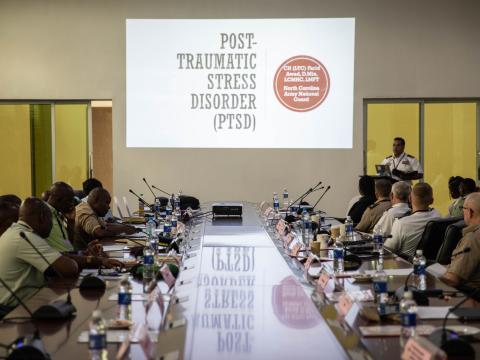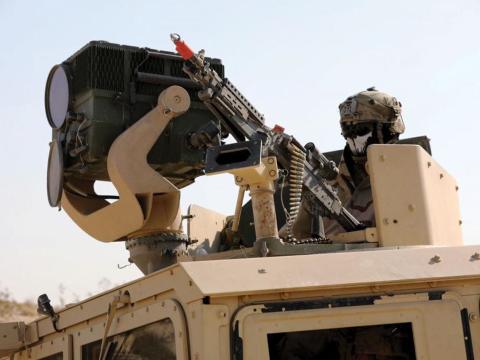Army Looks for a Few Good Apps
DARPA no longer has a corner on the market for reaching out to nontraditional sources for new ideas. The U.S. Army has announced the Apps for the Army (A4A) challenge, a three-month outreach to the service’s active duty, National Guard and civilian employees that will award a total of $30,000 to the top 40 individuals or teams. Winners will be announced in June, and demonstrations will take place at the LandWarNet 2010 conference, Tampa, Florida, in August.
According to Marvin Wages, program manager, A4A, U.S. Army, the inspiration for the competition came from Washington, D.C.’s Apps for Democracy contest. The competition resulted in 47 apps for the Web, iPhone and Facebook in 30 days.
Army personnel have a bit more time: A4A began March 1 with a deadline of May 15, 2010. Only 100 teams can participate.
The goal is to tap into both the creativity and technical expertise of personnel to gather ideas about how to improve the usefulness of communication devices, Wages says.
Applicants do not have to have both the idea for an app and the expertise to create it. Instead, the Army is encouraging people to team up and have created a milBook page—the service’s version of Facebook—to bring together the tech-savvy and the right-brained.
Proposed applications will be grouped into eight categories: data driven; warfighting; mission specific; local aware mobile; training and education; morale, welfare and recreation; personnel and career management; and a catch-all category called “other.” All entries will be judged using six criteria: usefulness, usability, appeal, inventiveness, effect and viability. Point values differ from criterion to criterion. In awarding the cash prizes, an app will be evaluated on the basis of its extent and value to the degree possible. Individuals and teams can enter as often as they like and are eligible to win one award per application. Prize awards range from $100 to $2,000.
Although participants can use their own development environment and data sets to create an app, A4A will provide the DISA Rapid Access Computing Environment (RACE) for teams so they can deploy their applications and connect to available data.
Wages encourages those interested in participating in the challenge to identify and target the problems they face as well as their units’ mission when designing an app. One possibility is to use available data but mash it up in a new way.
On the technical side, designers are urged to take this opportunity to learn a new computer language and to try different experimental approaches to Web and mobile application development. It is important that contestants focus on the quality and deployability of an app, he adds. And despite the specter of increasing competition, developers are encouraged to share A4A information with their fellow developers.
If this challenge results in the creation of 25 very successful apps, Wages says he’ll be very happy. The most desirable apps will be those that can be used on not only one platform but also on others: iPhone, Android and BlackBerry. “That would be great,” he states.
The top apps will be put on a military e-storefront where others will be able to download them. The Army is now working with the U.S. Defense Department and Office of the Secretary of Defense to set up the storefront.
Although the idea of a competition for great ideas may seem new, it predates DARPA’s recent Grand Challenge 2005 and 2007 by many years. Laughing, Wages says that he may be giving away his age, but he remembers the Command and Control Microcomputer Users Group (C2MUG) from the early 1990s that offered a forum for Army members to share ideas about C2 applications. Sharing consisted of putting an application on a floppy disc and sending the disc to another developer, he recounts.



